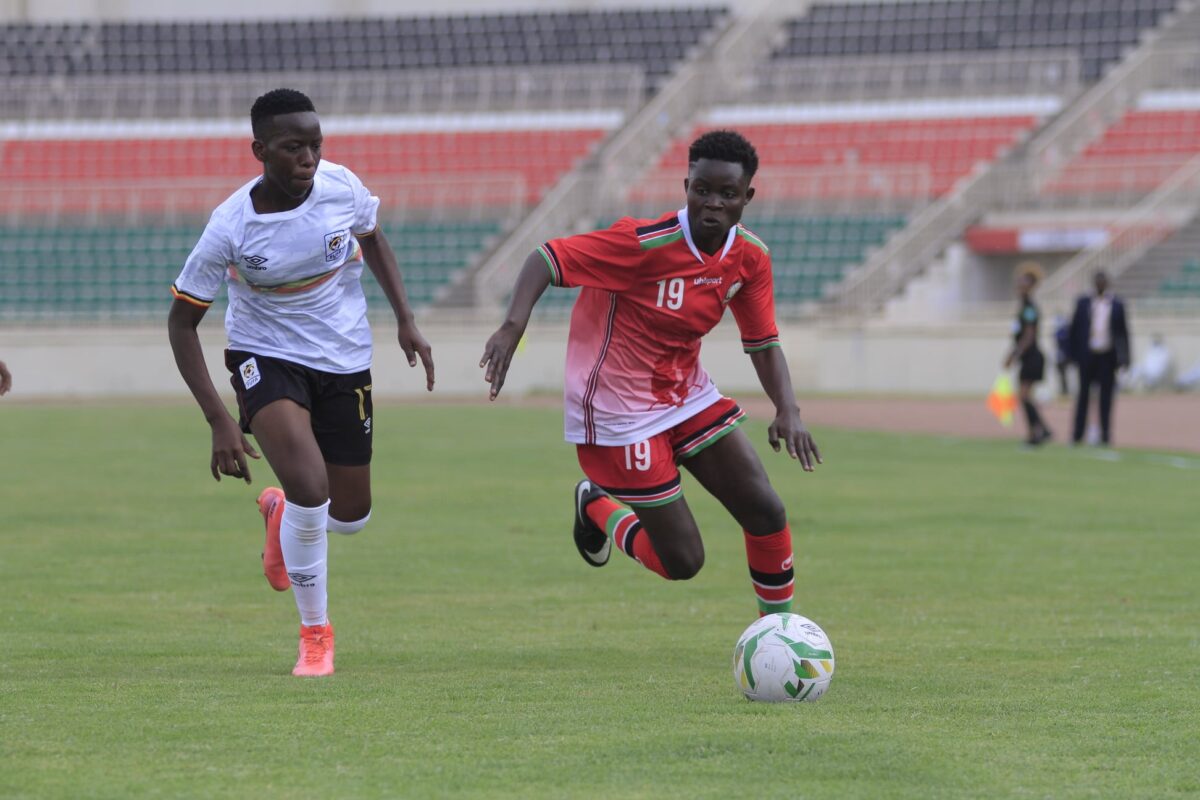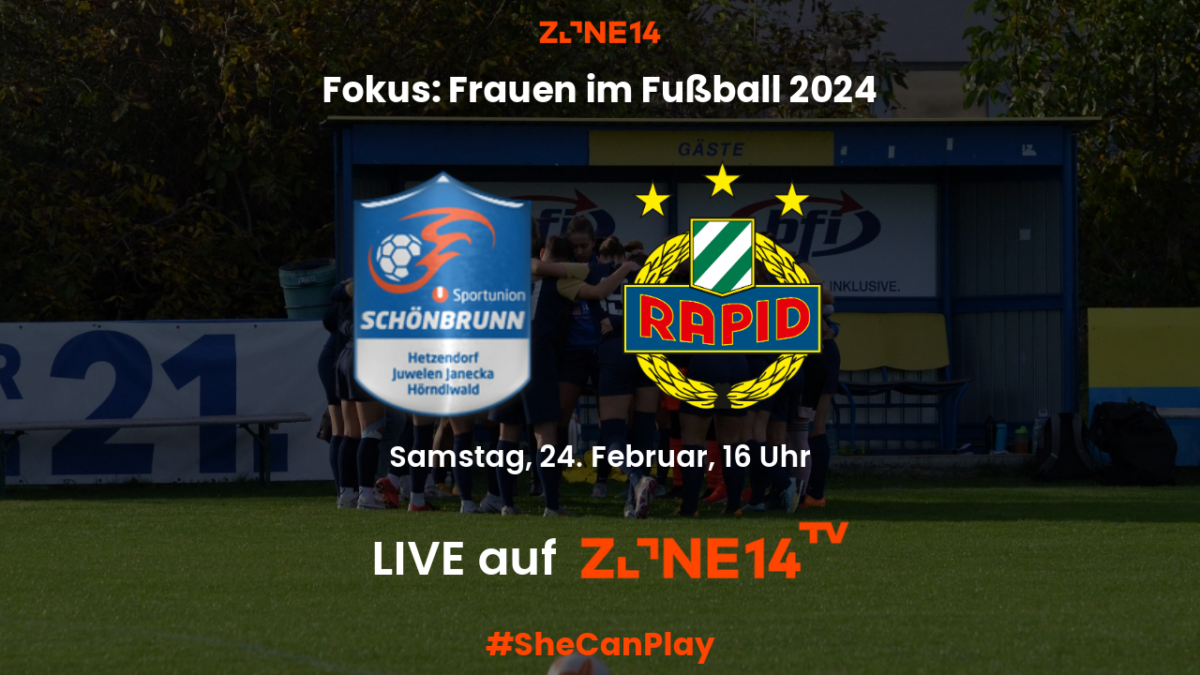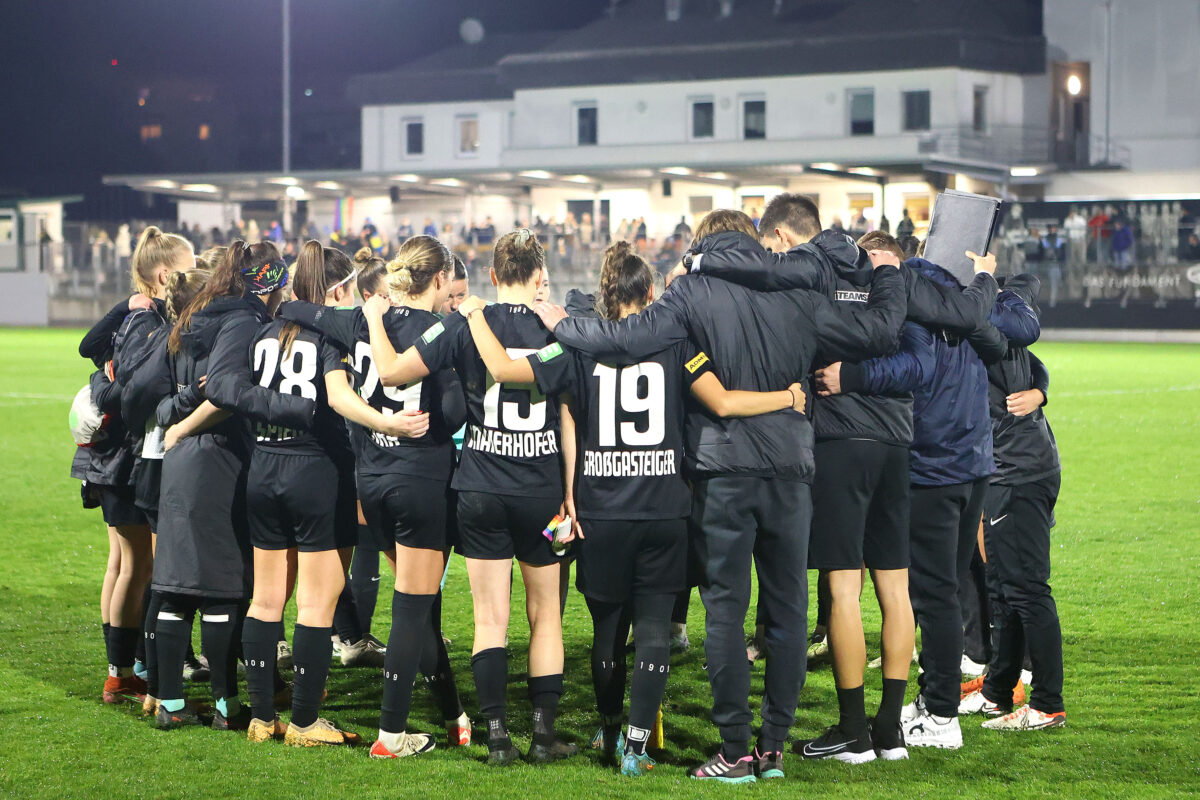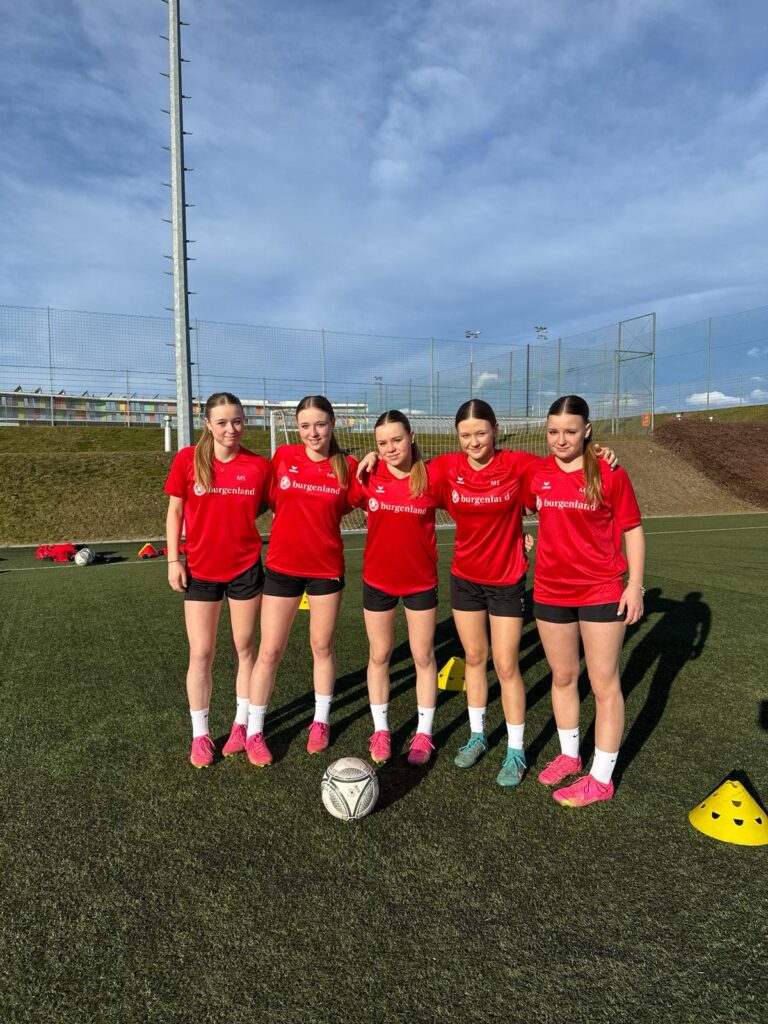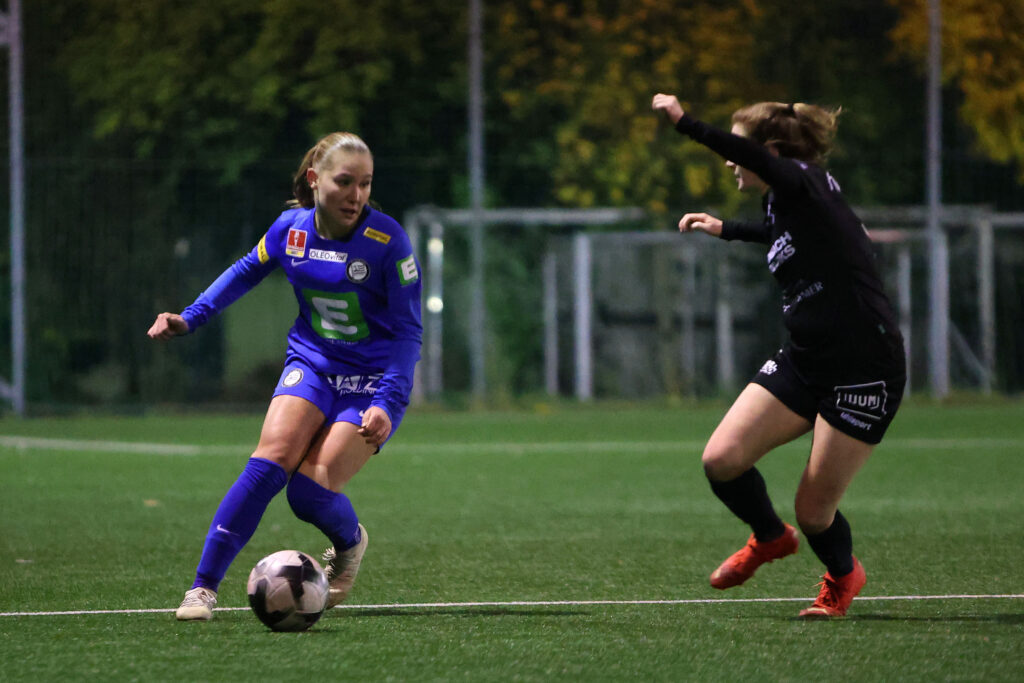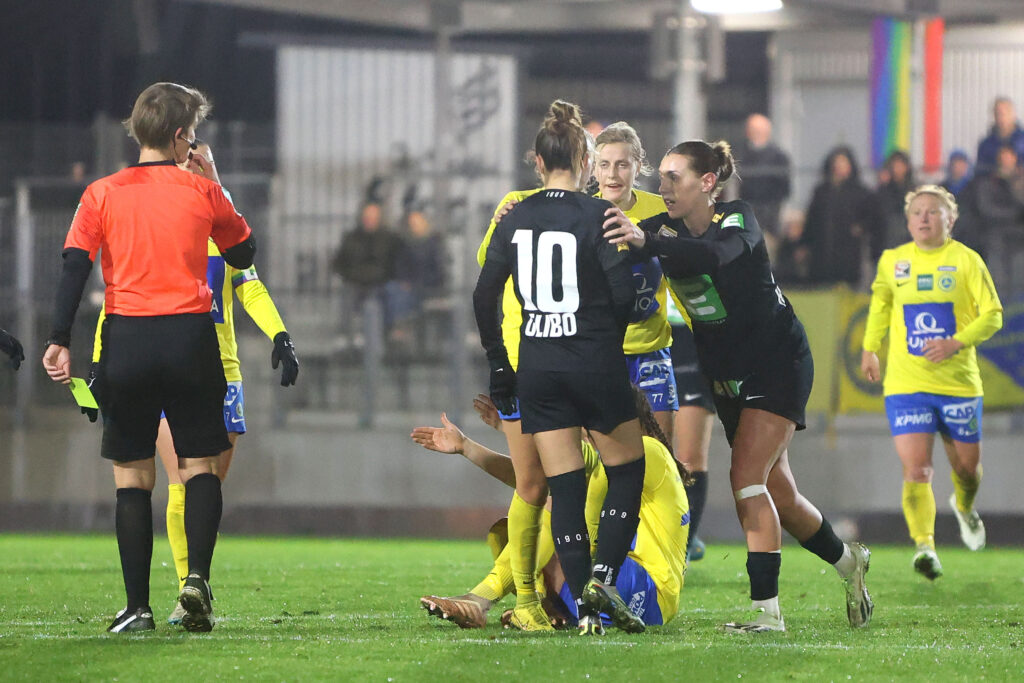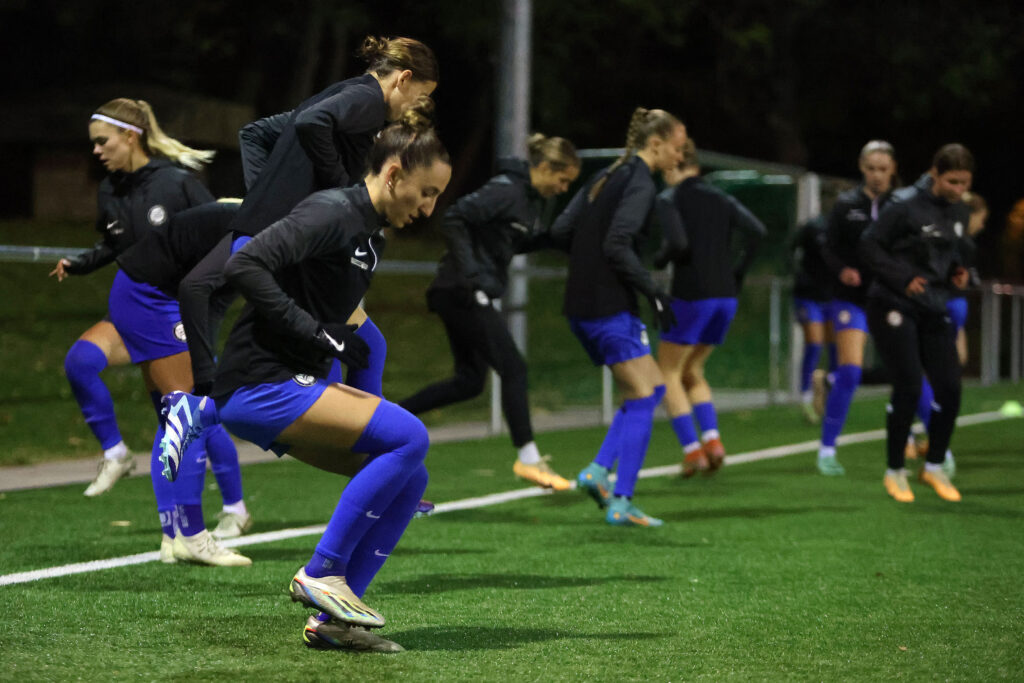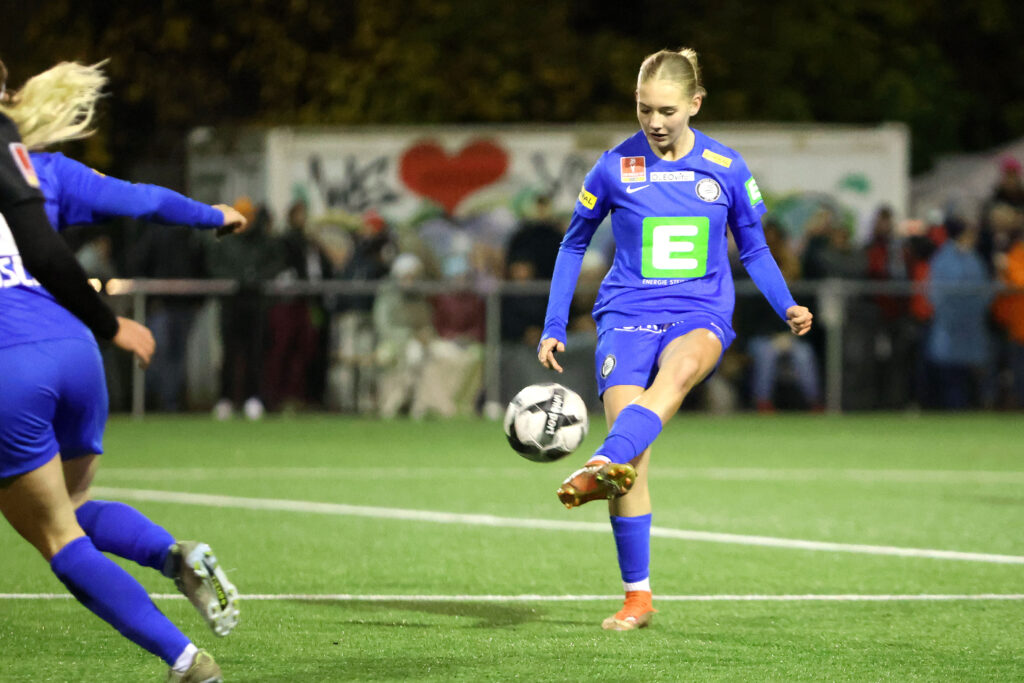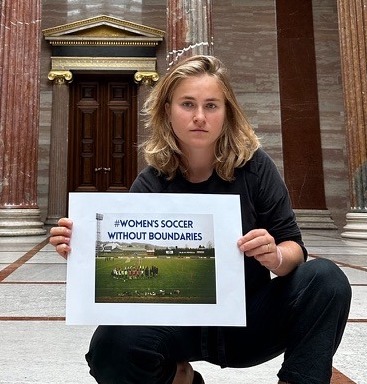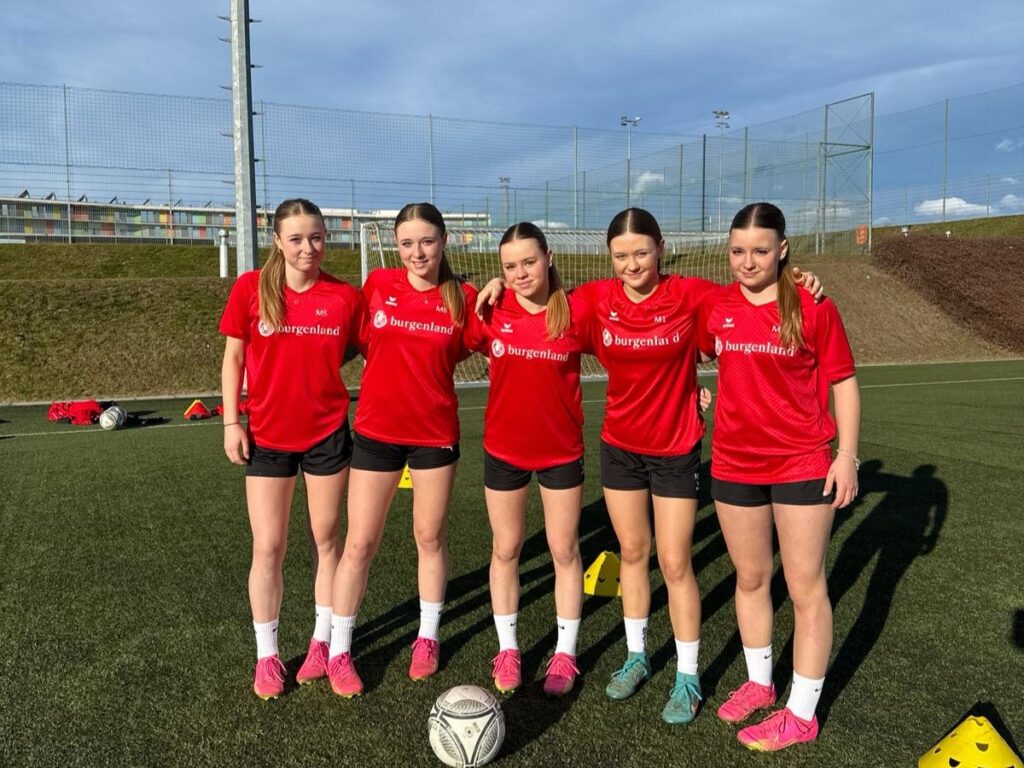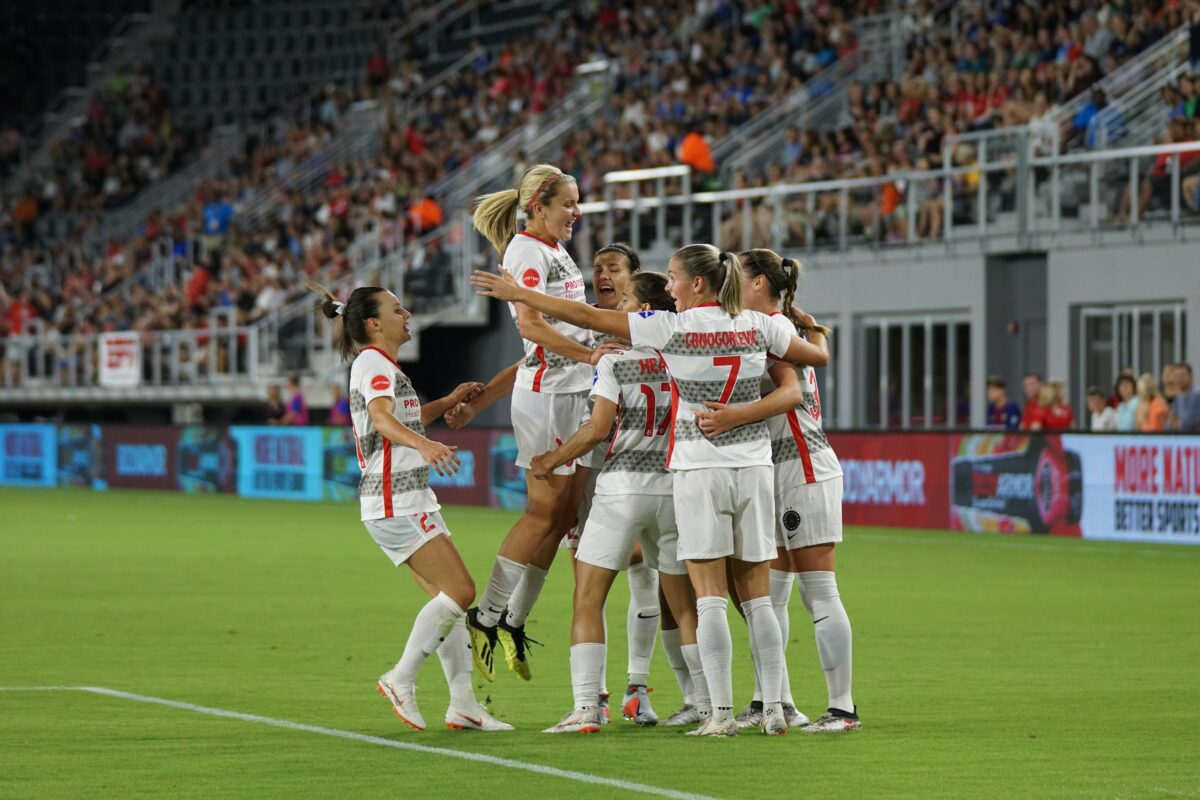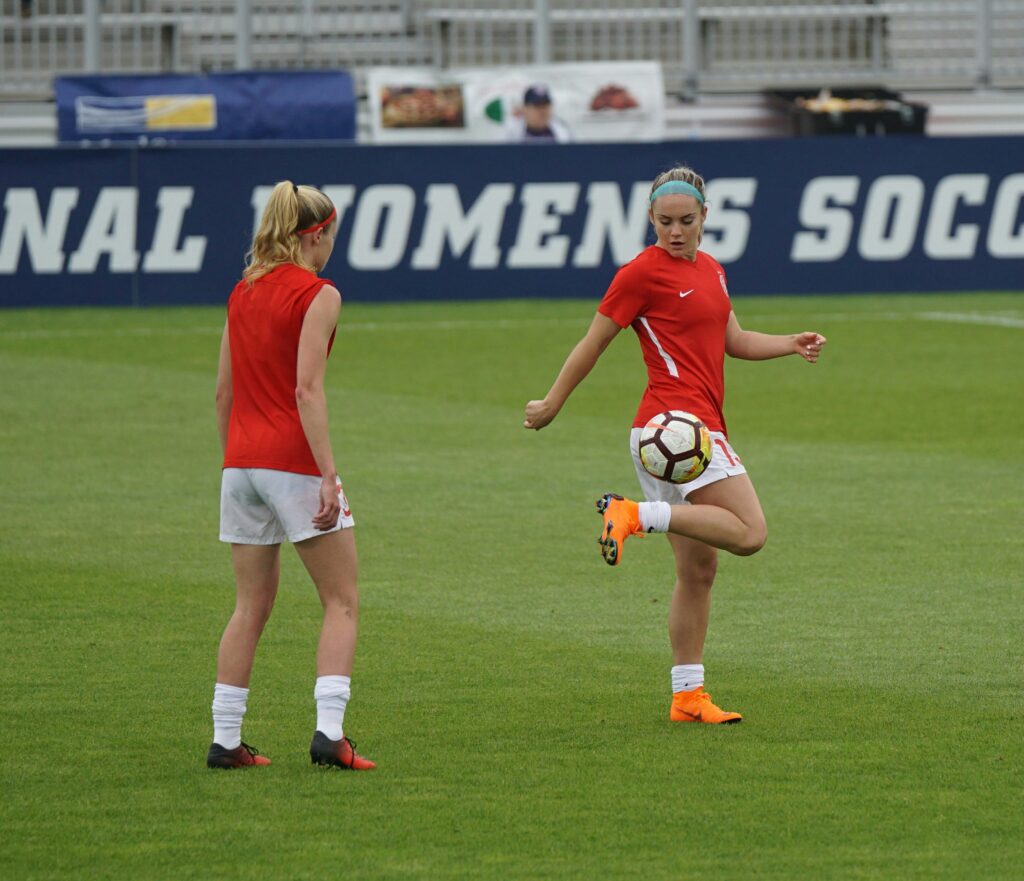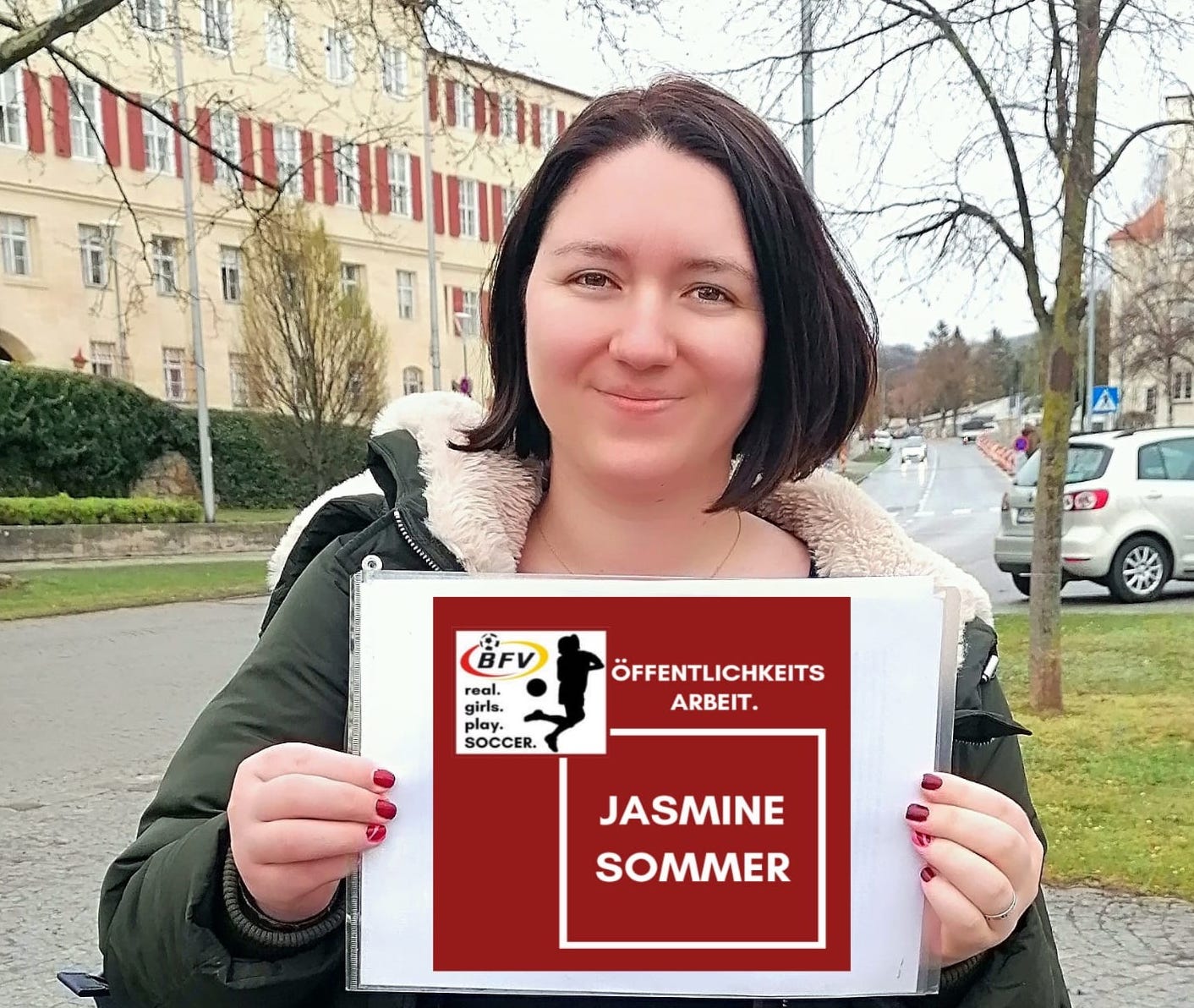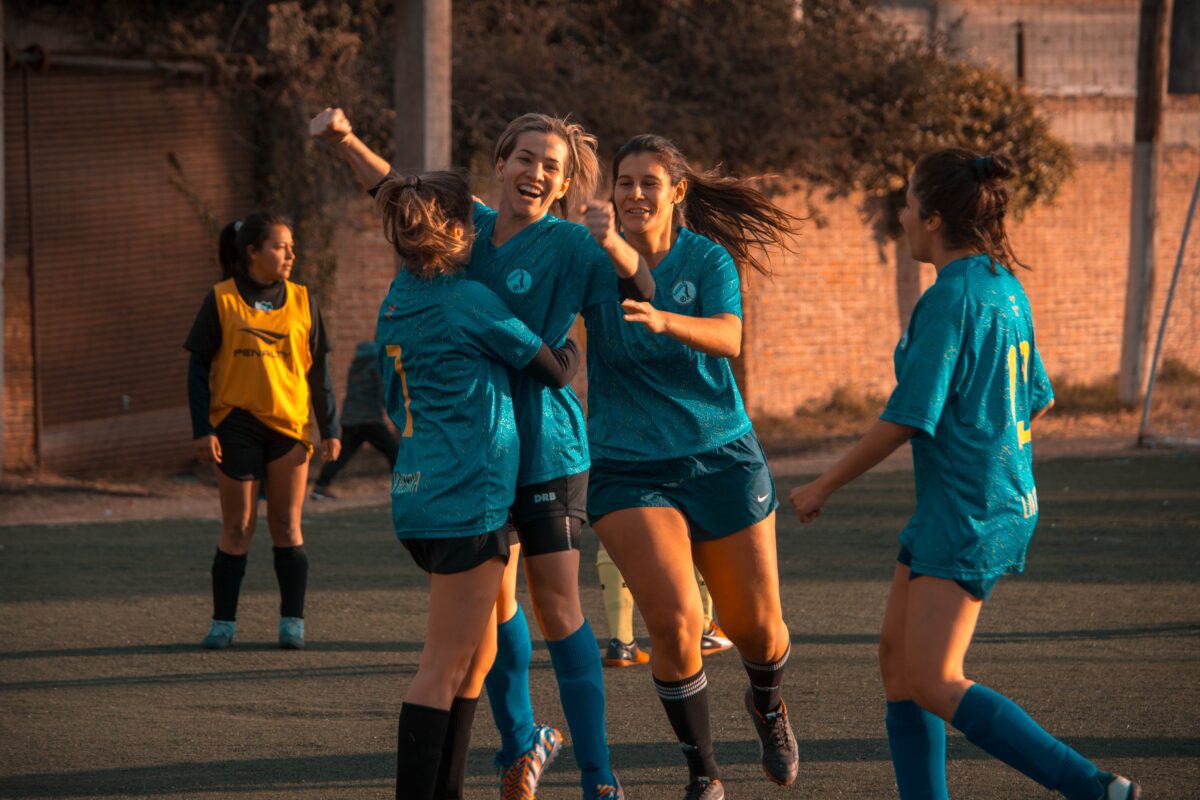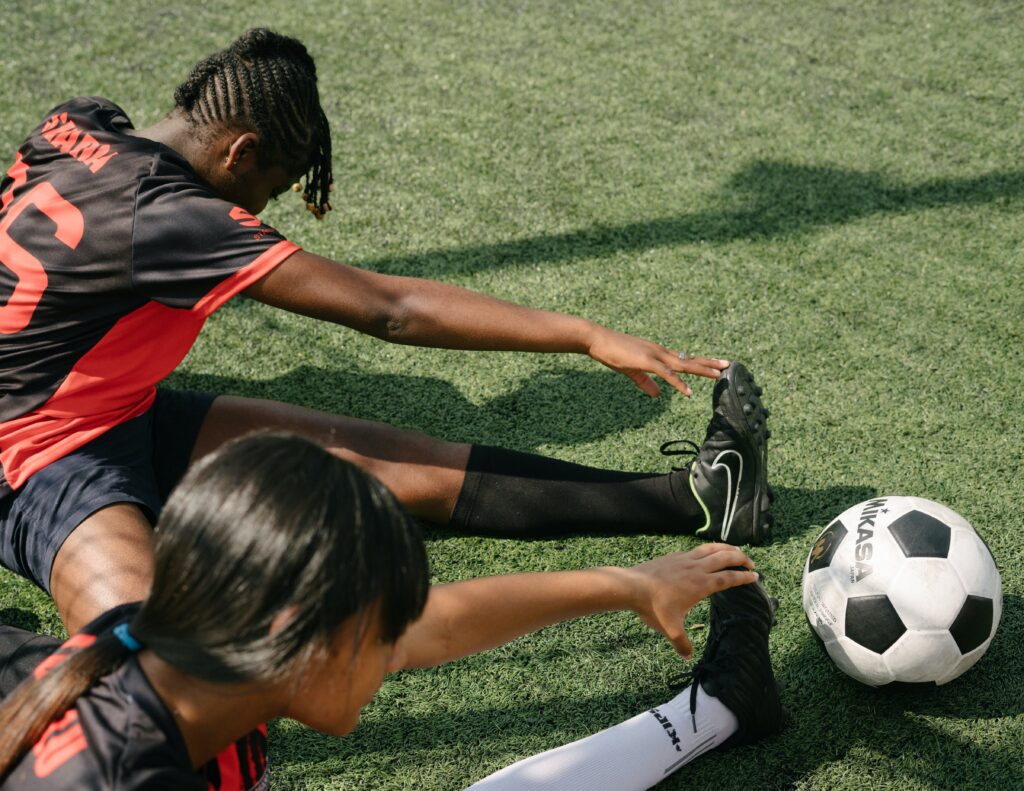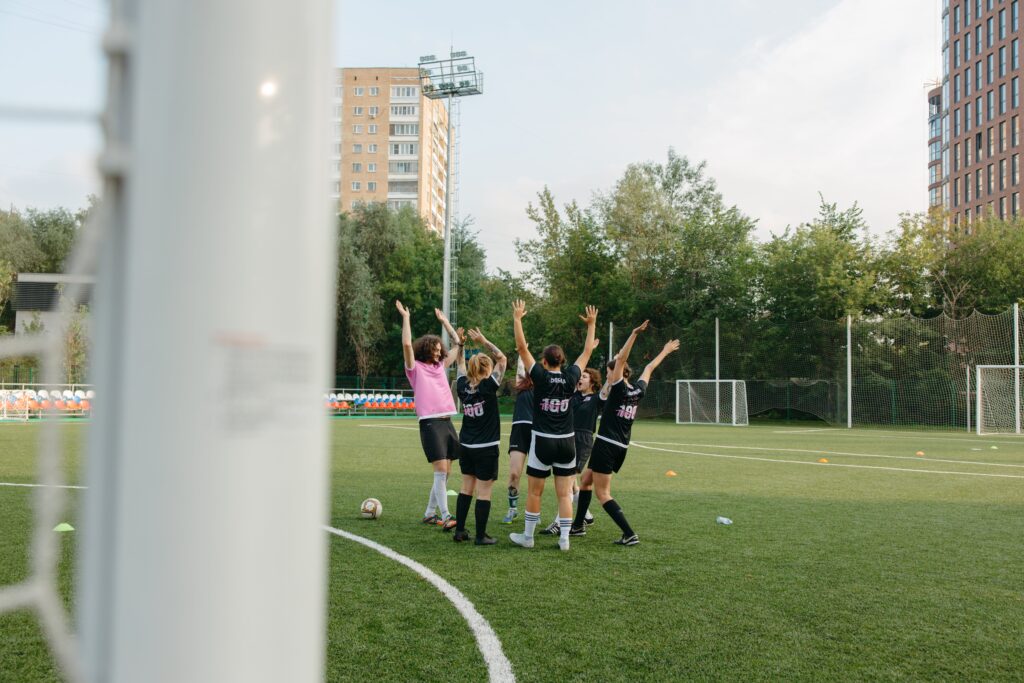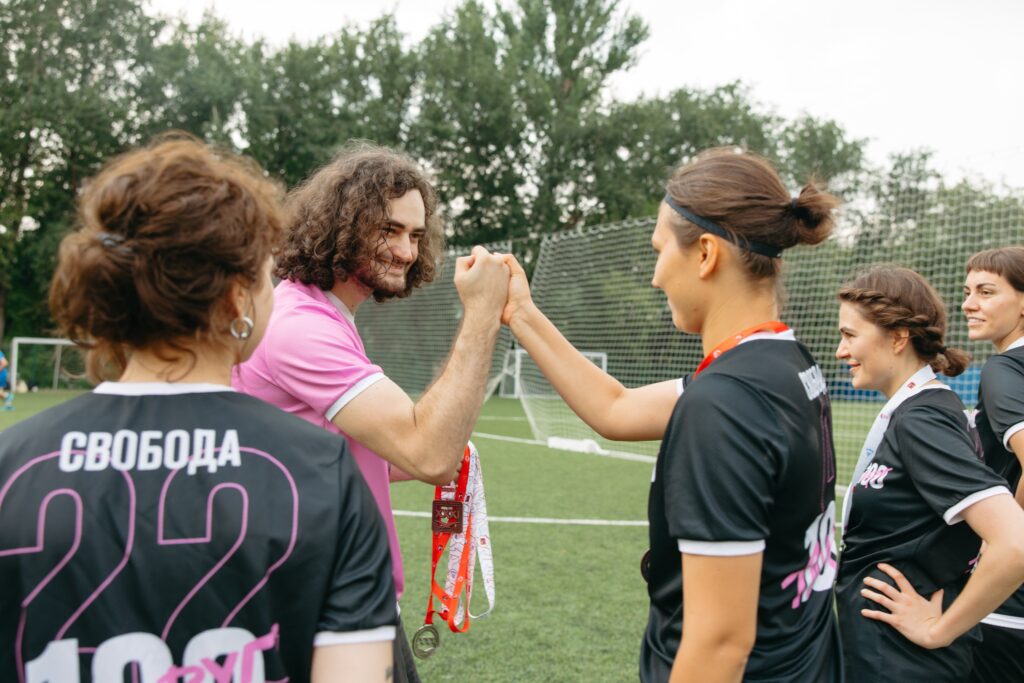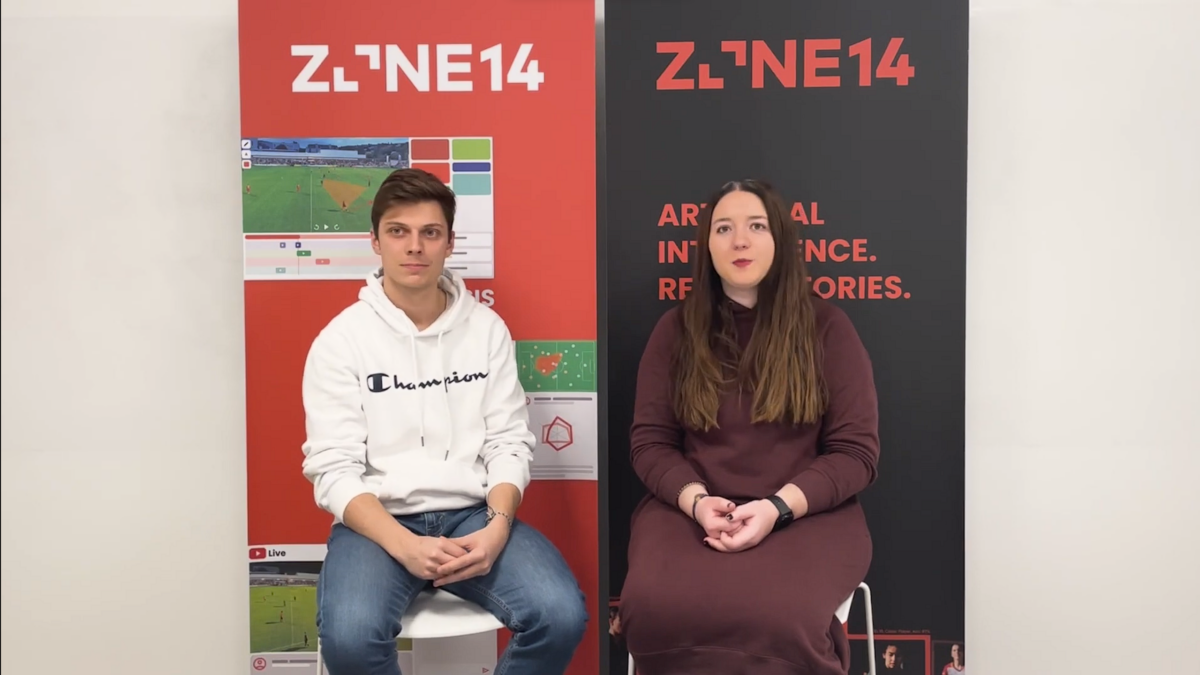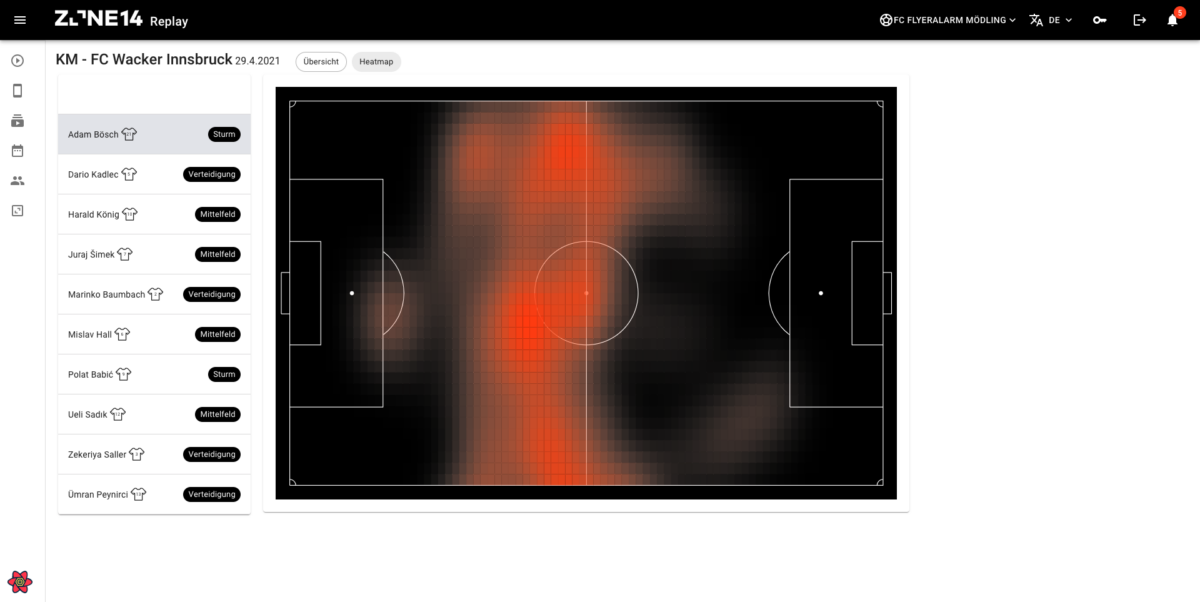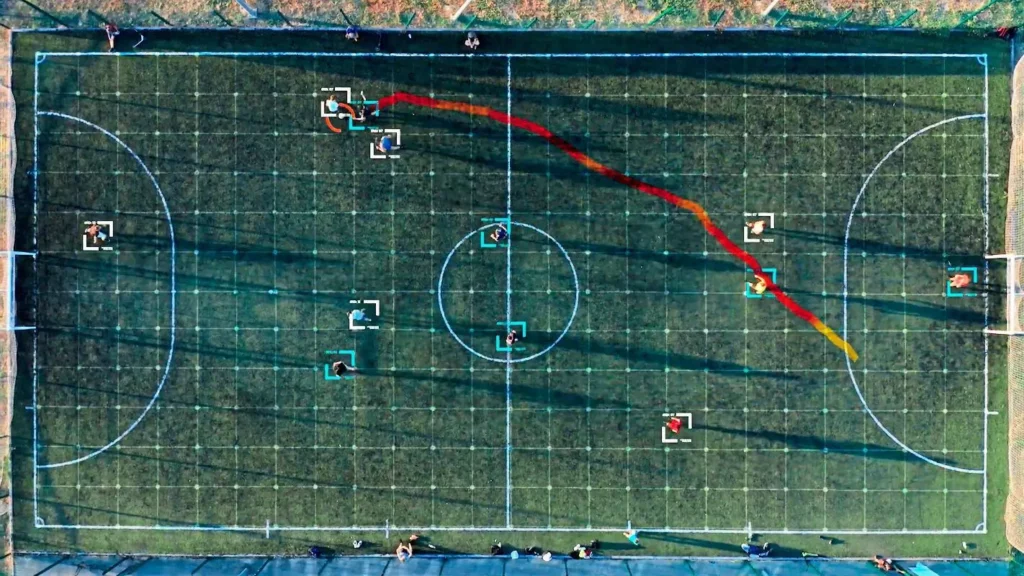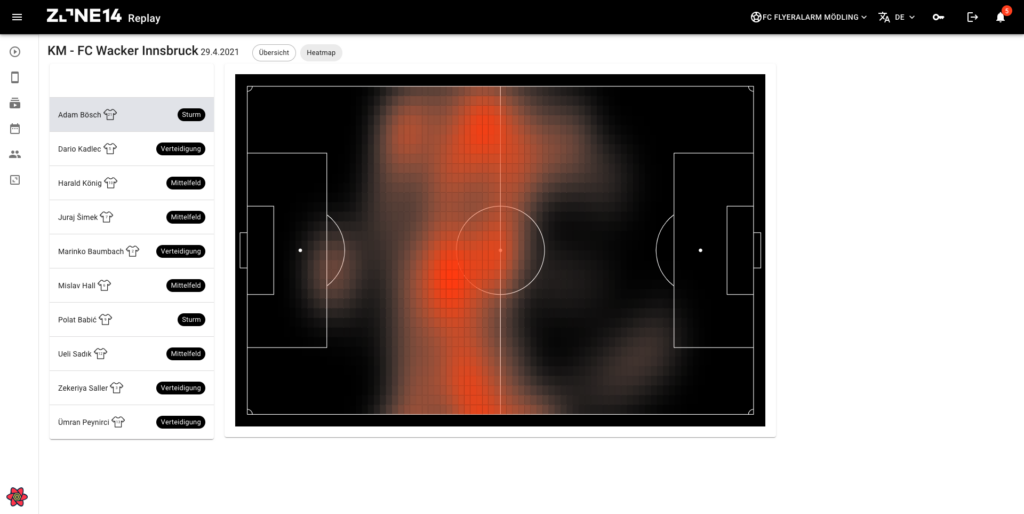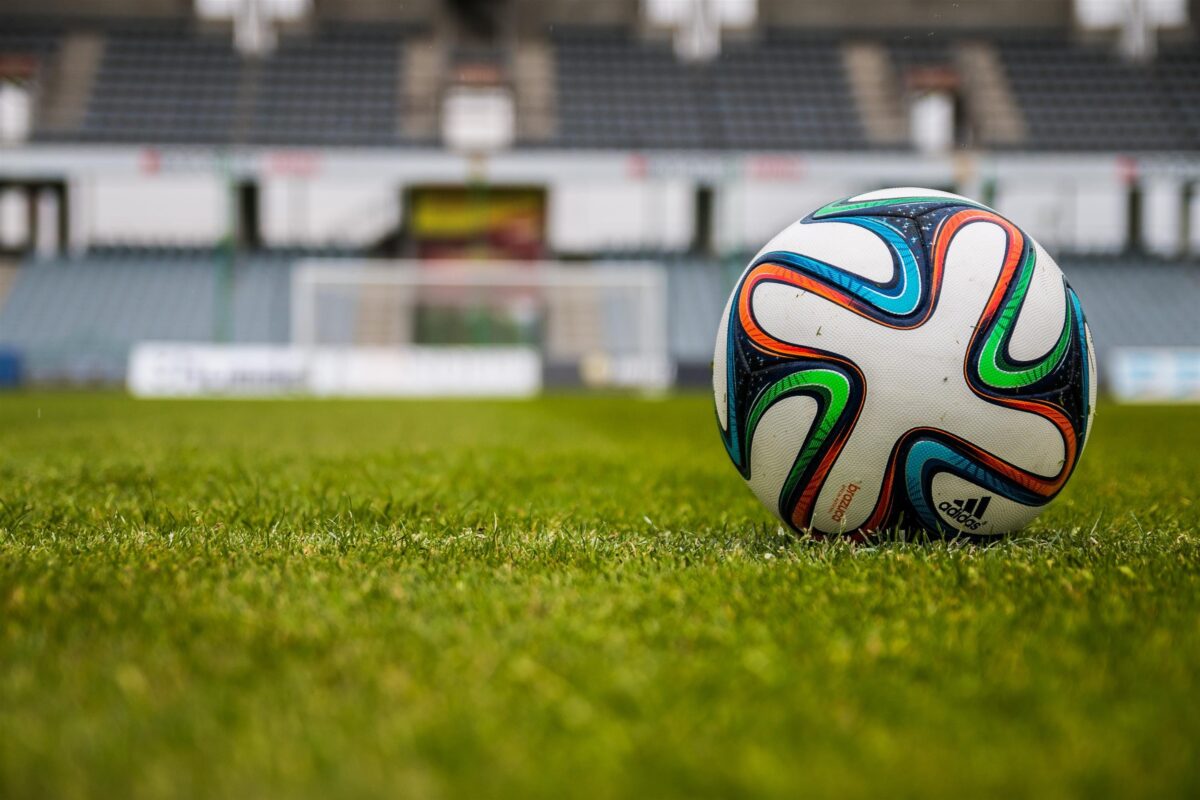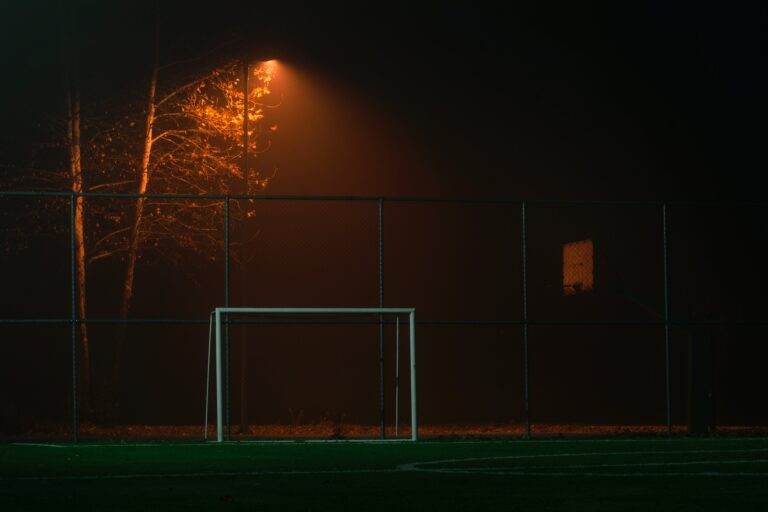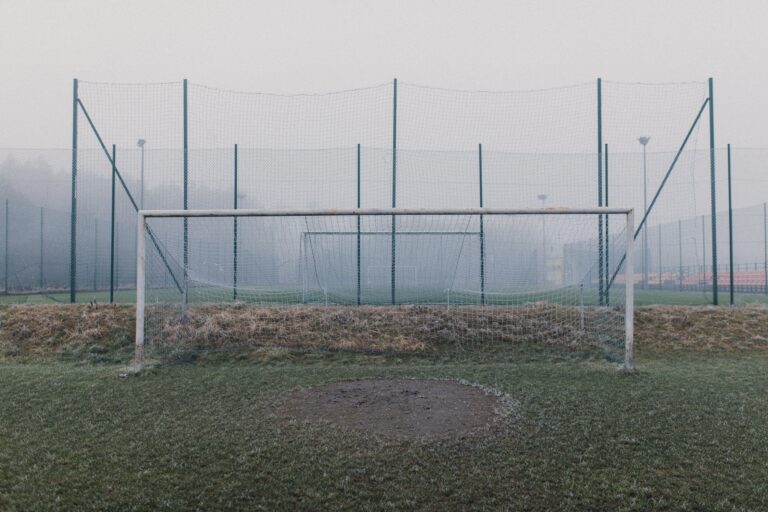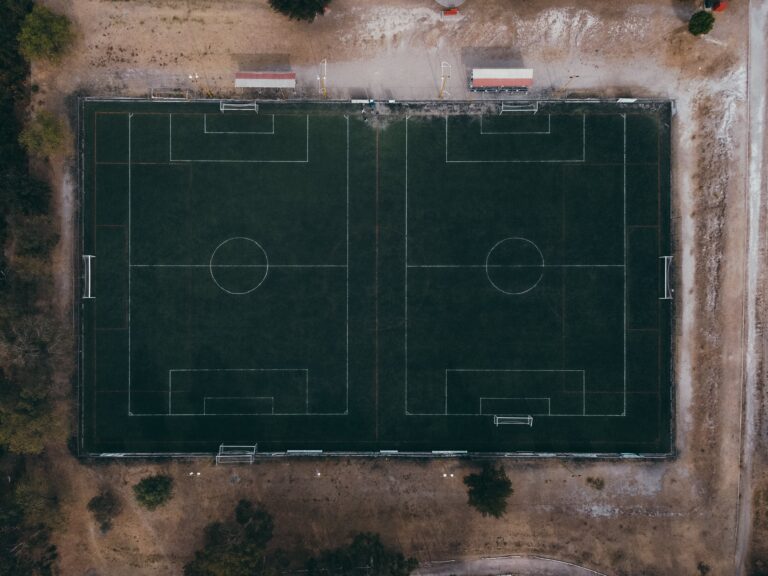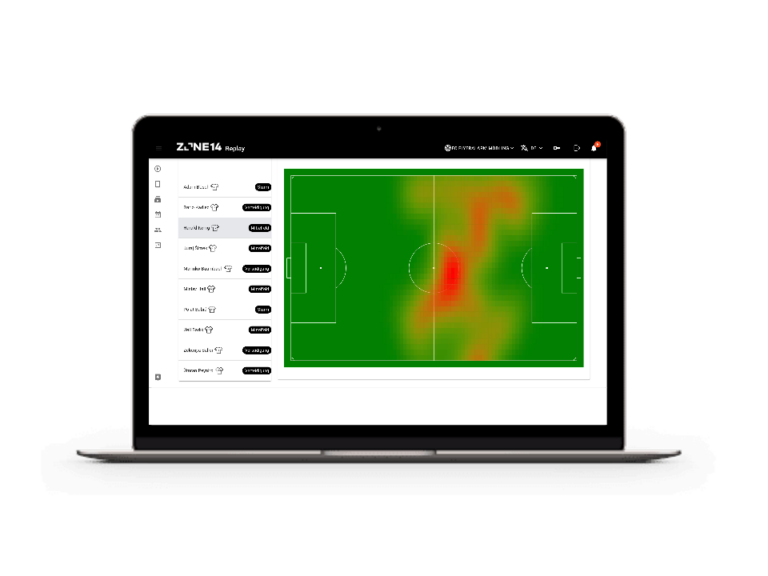contents
Sylvia Makungu: The path from the Korogocho slums to FC Wacker Innsbruck
- zone14
- 28/02/2024
- FFF, Initiatives
Sylvia Makungu, a forward for FC Wacker Innsbruck in the Austrian Women's Bundesliga, is not just making waves on the field but also off it with her commitment to improving lives in her hometown, the Korogocho Slums in Nairobi. From her challenging upbringing to her rise in international football, Makungu's journey is a testament to resilience, dedication, and the power of sports. Beyond her athletic achievements, she's using her platform to drive positive change in her community, embodying the role of an athlete-activist. As she continues to excel with FC Wacker Innsbruck and the Kenyan national team, Makungu's story is an inspiring reminder of how passion and purpose can create impactful legacies. Dive into our interview with Sylvia Makungu as she shares her remarkable journey, aspirations, and mission to uplift her community through football.
Introduction to Sylvia Makungu: Rising Star in Women's Football
– Please briefly introduce yourself, your current team, and your position.
– Hello, my name is Sylvia Makungu. Since 2013, when I was just 10 years old, I have been playing for Acakoro Football Academy. On the pitch, I primarily play as an attacking midfielder, adept at playing on both the right and left sides.
– Give us a brief overview of your journey in football so far, how and when you started playing football.
– I started playing football in 2013 with Acakoro, which is in a tough area, in the slums. It hasn't been easy, but I've always tried to work hard and keep pushing.
Empowering Future Female Footballers: The Role of Acakoro Academy in Sylvia's Development
– How was your experience playing at Acakoro Academy in Kenya and how were they able to support you in your development?
– My time at Acakoro Academy in Kenya was incredibly rewarding, offering me the motivation needed to pursue football from a young age. The academy supported my education as well as developed my football skills.
Transition to Professional Football in Austria with FC Wacker Innsbruck
– How did the opportunity come around to move to Austria and play for FC Wacker Innsbruck?
– The opportunity to move to Austria and play for Innsbruck materialized thanks to my hard work, discipline, and unwavering determination. It came as a surprise, as I wasn't sure if I would ever play for the big teams in Europe. Therefore, I was thrilled to have the chance to showcase my talent abroad.
– What are the big differences between living in Kenya and Innsbruck and also what are the differences in terms of football?
– Life in Kenya versus Innsbruck is quite a stark contrast, as well as in football. In Kenya, it's harder for players to get noticed because we don't have many good pitches to play and it's always busy. In Innsbruck, life is easier, with lots of places to play and it's not too crowded.
The Battle for Equality and Support in Women's Football
– What are some challenges you see in women's football today?
– A significant challenge in women's football, from my perspective, is the absence of support for female athletes, including the lack of training kits, scholarships, and adequate attention compared to male players. This makes it hard for us to stay motivated.
– How do you think women's football can be improved or grow?
– The growth of women's football could be significantly enhanced by increased support. Witnessing women work hard to win their leagues or Champions League, shows we have a lot to offer. Scholarships and broader support could inspire more girls to pursue football. We just need more help and encouragement.
International Success and Future Goals
– You made your senior international debut in 2020 and have since become a regular player for your country, how has this experience been for you?
– At first, I was scared to play because I was very young. But then I saw I could do well and even got called up to the Kenya National Team. However, realizing my potential and receiving a call-up to the Kenya National Team motivated me to aim higher and work harder to represent my country proudly. It is a good experience that makes me want to work hard every day to get more call-ups for my country.
– What are your dreams in your football career?
– My plan for my future career in football is to play for the Manchester City Women’s team and help other ladies achieve their dreams too.
Empowering the Next Generation of Women in Football
– What advice would you give to other women who want to pursue a career in football?
– My advice to other women is to not give up on football. Training hard and thinking smart can really change your life. Football is a great way to make a difference in your life and the lives of others.
Focus: Women in Football 2024

This month, zone14 is putting the spotlight on women's football. Under the motto "Focus: Women in football", we are publishing a series of blog posts on this topic, conducting interviews with interesting people and finishing the campaign with a special event. On 4 March in Vienna, we will be hosting "Focus: Women in Football - The Talk", an event that will feature a panel discussion and networking opportunity with experts including SK Rapid Vienna head coach Katja Gürtler and project manager Matias Costa, as well as Sara Telek, Anna Ressmann and representatives from Sturm Graz and LASK Linz. The evening will be hosted by Sky reporter Nera Palinic.
As a thank you for reading this blog, the first 10 of you can use the discount code "blog1" to get the tickets completely free .

